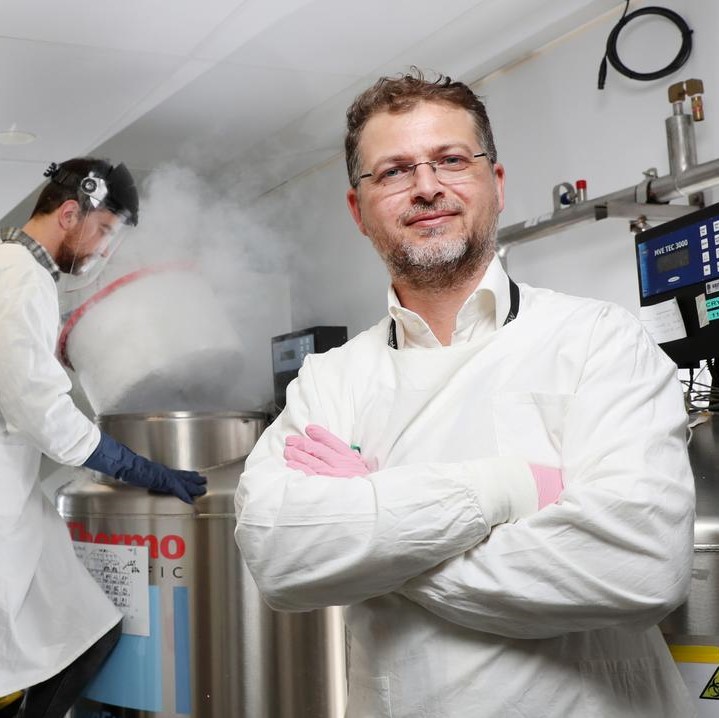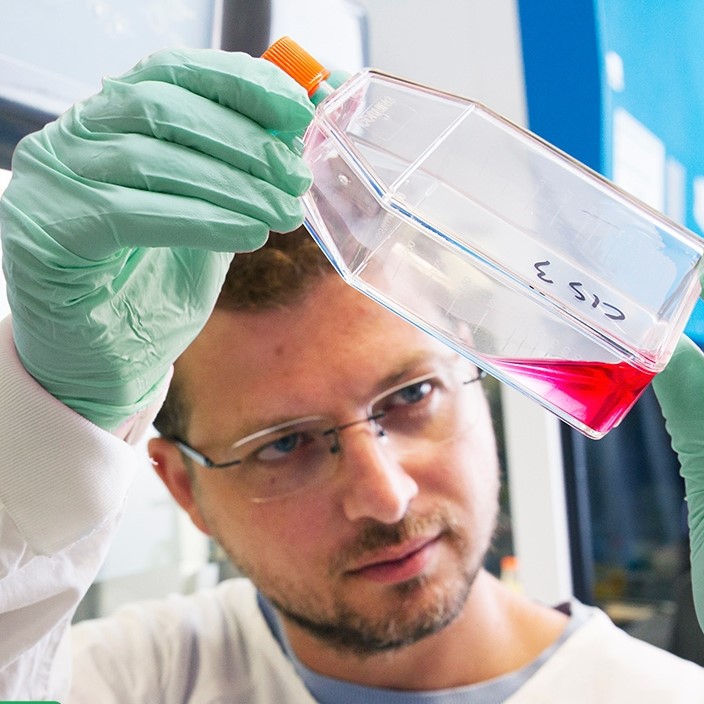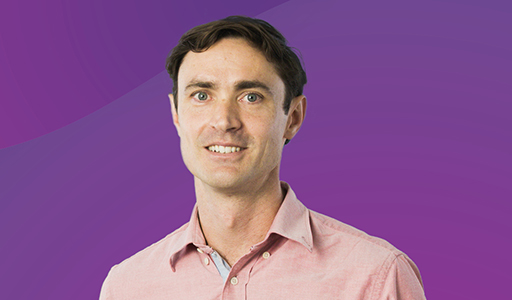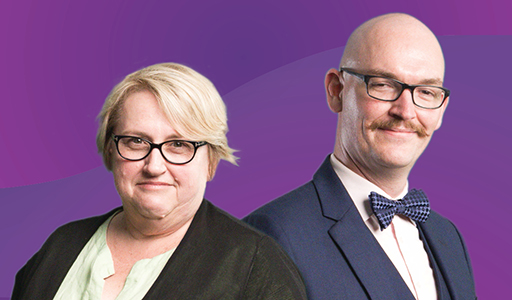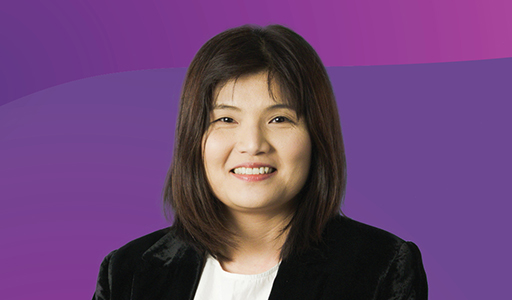Dr Orazio Vittorio’s research was born out of a simple idea: that by identifying differences between normal cells and cancer cells, it would be possible to develop effective targeted treatments.
A researcher at the Children’s Cancer Institute since 2013, Dr Vittorio is seeking to better understand aggressive childhood cancers, particularly neuroblastoma and gliomas.
“The goal of my research is to better understand what makes this type of tumour so aggressive, so we can treat this tumour better and save more lives.”
- Dr Orazio Vittorio
Why focus on children's brain cancers?
A personal cancer experience inspired Dr Vittorio to shift his research focus from pancreatic cancer to childhood cancers.
“In 2009, I was diagnosed with kidney cancer. I was engaged to be married in 2010, and the big plan with my wife was having kids. I thought, I don’t want anyone – especially children – to go through what I went through.”
The most common types of childhood cancers are tumours of the central nervous system (including brain cancers), leukaemias and lymphomas. While the survival rate for leukaemias and lymphomas has risen over the past two decades to about 90%1, survival rates have not significantly improved for brain cancers.
“We know that 50% of high-risk neuroblastoma patients will die in five years. But for other types of tumours, like high-grade gliomas, we know that survival is less than 1% after five years. And it’s been like that for 30 years,” Dr Vittorio says.
Source [1]: AIHW Australian Cancer Database 2015.
The role of copper in cancer cells
While many scientists study either genes or proteins, Dr Vittorio’s research has focused on understanding the effects of metals in controlling specific genes or proteins – meaning his research brings together the fields of genetics and proteomics.
One of Dr Vittorio’s key scientific discoveries was that cancer cells have high levels of metals. There can be more than six times the amount of copper in a cancerous tumour than in healthy cells.
Dr Vittorio was one of the first researchers to discover that copper behaves like petrol for the tumour: fuelling it to create new blood vessels and feeding it nutrients. Significantly, copper also has a protective effect, shielding the cancer cells from the body’s own immune system.
Dr Vittorio’s team is collaborating with international scientists to produce therapeutic agents that become toxic when a high level of copper is present.
“The immune system is the best weapon we have against any disease,” Dr Vittorio says. “If we can instruct the immune system to attack and kill the tumour, this is the most effective approach. Using a drug to remove copper from the tumour makes the tumour visible to the immune system, and the immune system can kill the tumour.”
The next step is to design a clinical trial using existing drugs that can remove excess copper from the tumour, in combination with other agents, to try to improve patient survival and outcomes.
From ‘benchside to bedside’
Dr Vittorio says that taking discoveries ‘from benchside to bedside’ is one of the most fulfilling aspects of translational research. Like many scientists, he dreams about helping to find a cure for cancer, ultimately saving people’s lives.
Although he is focused on children’s cancers, Dr Vittorio is pleased that his discoveries have also helped to better understand the biology of adult cancers. He is currently collaborating with scientists in Europe and the USA who are investigating the role of metals in pancreatic and breast cancers.
“It’s a great honour for me to accept this award,” Dr Vittorio says. “Cancer Institute NSW has supported my research since the beginning.”
